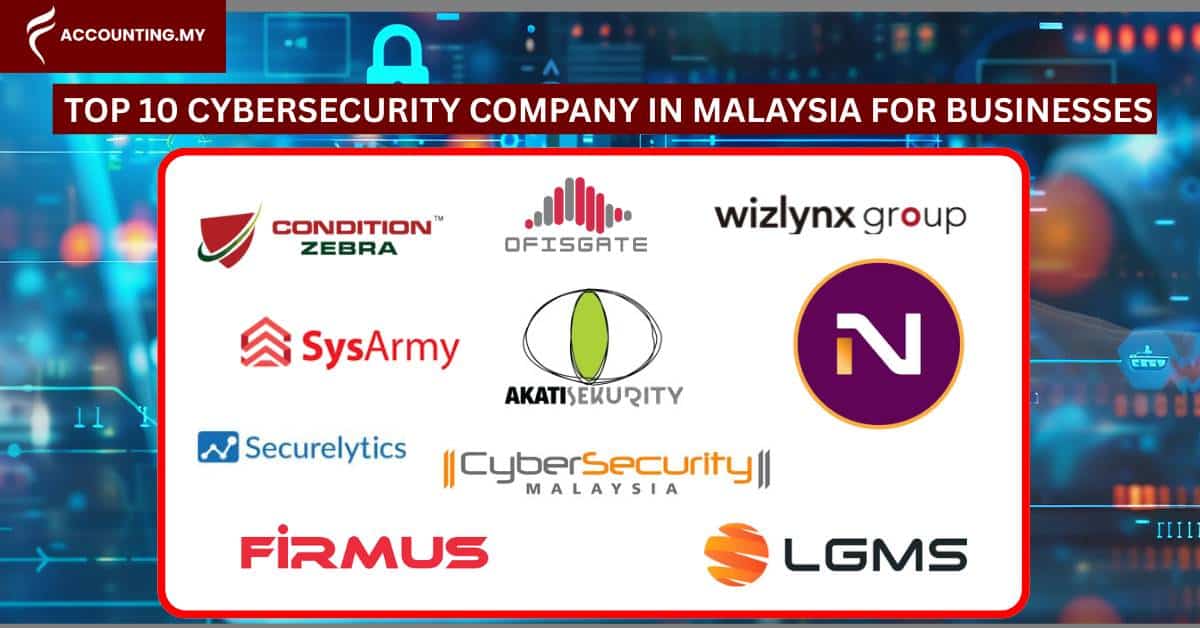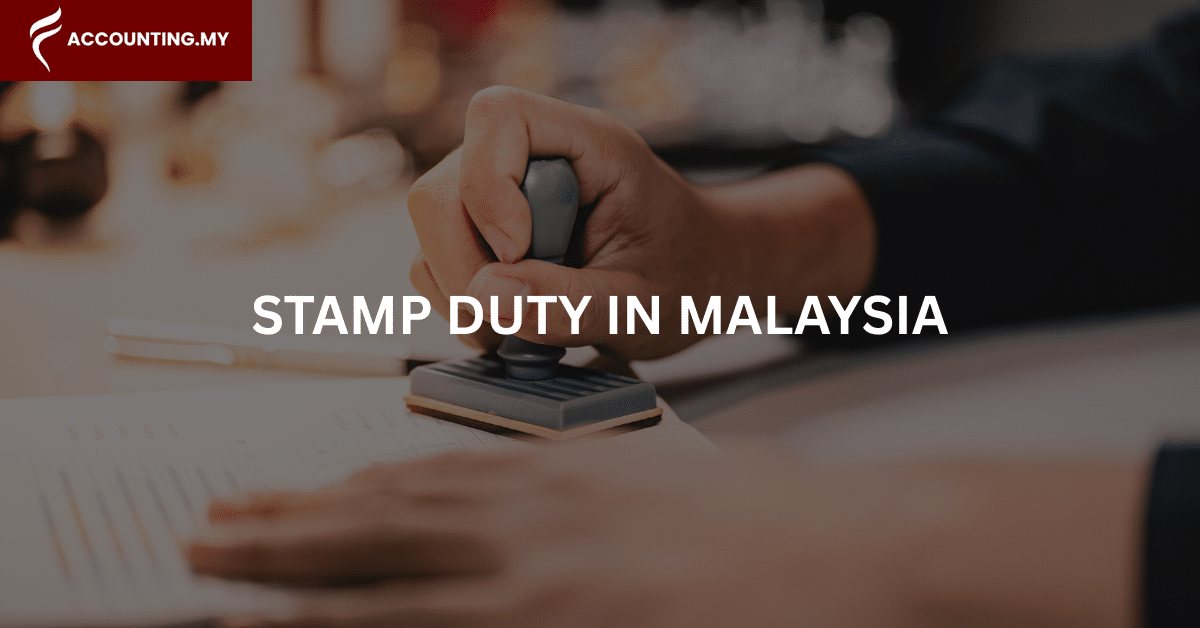Businesses in Malaysia can reclaim thousands in operational costs and training-related expenses, but many still miss out due to vague rules or underused schemes.
Most employers only tap into a fraction of what’s reimbursable under HRD Corp, and that’s claimable tax benefits left on the table.
From venue rentals to digital learning tools, the allowable business expenses have quietly expanded under programmes like SBL-KHAS and formerly PENJANA.
This guide lists the 10 most overlooked HRDF-eligible expenses every employer should know in 2025.
Use it to cut training overhead, boost your cost accounting efficiency, and take full advantage of the levy-based grants you’re already contributing to.
What You’ll Learn From This Guide
- Exact expense types HRD Corp reimburses in 2025
- Which HRDF scheme applies to which cost
- Tips to avoid claim rejection or under-claiming
- Use cases from real Malaysian businesses
HRDF Claimable Expenses Comparison Table
Expense Type | Scheme / Programme | Max Claim % | Notes |
Course Fees | SBL‑KHAS (HRD‑Corp Claimable Courses) | Up to 100 % | Course fees are fully reimbursed, paid directly to provider from levy, service fee applies |
Trainer Allowance | SBL / In‑House Training | Varies (per ACM caps) | Includes in-house or external trainer fees, subject to HRD assignment caps |
Online Training Tools | Remote Online Training (ROT) | 50–100 % | Tool costs (platform fees, internet data up to RM100/group) covered, full support varies by training type |
Training Materials | All schemes | Partial | Includes physical or licensed digital materials with invoices |
Accommodation & Travel | SBL / External Training | Partial | Includes airfare, transport, lodging (caps apply for outstation trainings) |
1. HRD Corp Course Fees (SBL-KHAS)
Most employers claim this first, but many stop here.
This is the most direct and common HRDF claim: full or partial reimbursement of course or programme fees paid to an HRD-registered training provider.
SBL-KHAS lets the training provider claim directly from HRD Corp, meaning employers don’t pay upfront. This scheme is ideal for courses related to compliance, leadership, digital marketing, accounting, or any job-specific upskilling.
“In 2025, more SMEs are using SBL-KHAS to subsidise mandatory training without touching their cash flow.” — HRD Consultant, Selangor
Use case: A retail company enrolled 5 managers in a certified HR & compliance course. Instead of paying RM8,000 upfront, they used SBL-KHAS and paid RM0 out-of-pocket.
2. External Trainer Allowance (In-House Programmes)
Customised training conducted internally still qualifies.
If your company brings in an external certified trainer to run an in-house session (Like a digital excel course), HRD Corp allows partial reimbursement of their fees under SBL or In-House Training schemes.
Rates vary based on duration and the trainer’s experience, but are subject to HRD’s trainer ceiling cap (RM400–RM600 per day for certain categories).
Tip: Make sure your trainer is registered with HRD Corp, and always get a rate quotation and session plan before applying.
3. Online Tools and LMS Software
Remote learning costs are now reimbursable, up to 80%.
As of 2025, tools like Zoom, Microsoft Teams, Google Classroom, or even paid LMS platforms ( TalentLMS, Moodle Cloud) are partially claimable, especially under remote learning and e-learning categories.
This applies whether training is outsourced or delivered in-house. However, the tools must be directly tied to learning delivery (not admin tools like Slack).
Use case: An engineering firm used TalentLMS for safety modules and claimed 70% of the RM5,000 licence under the Remote Learning Support Scheme.
4. Training Materials and Workbooks
Handouts, guides, and e-notes are eligible with proper documentation.
Printed or digital training materials can be claimed, but only if they’re used during HRD Corp-approved sessions. This includes participant handbooks, activity sheets, and assessments.
Make sure to keep invoices, quantity breakdowns, and usage justifications in case auditors ask for it.
“Materials provided must be directly tied to learning outcomes, not marketing brochures or general office printing.” HRD corp consultant.
5. Accommodation and Transport Costs
Claims are allowed for training conducted outside your company’s city.
When staff attend outstation courses, accommodation and travel may be reimbursed under specific schemes. This includes hotel stays, mileage, and toll, but not meal allowances or entertainment.
Always ensure claims match HRD Corp’s rate guidelines and are justifiable.
Use case: A Penang-based company sent its tech team to a 3-day Kuala Lumpur AI seminar. RM2,400 in accommodation and toll fees were reimbursed under the External Training Support scheme.
6. Assessment and Certification Fees
Accredited exams are claimable, if tied to upskilling.
If training includes a final assessment, certification exam, or skills validation, the costs of those can be claimed. This includes certifications from HRD-approved bodies (Microsoft, ISO, CIDB).
However, general education exams or language tests (like IELTS) may not qualify unless part of a job-specific learning path.
7. Trainer Meals and Daily Allowances
Reasonable allowances for external trainers can be reimbursed.
While participant meals are not claimable, meals and small travel stipends for visiting trainers are. This is common in in-house or outstation workshops, especially when trainers travel far.
Proof of allowance rates and trainer itineraries are required. Most companies use standard HRD meal caps (RM30–RM50 per day).
8. Venue and Equipment Rental
Rental for training rooms and A/V tools is claimable under certain schemes.
If training is held at a hotel, training centre, or co-working space, the rental cost may be claimed. Similarly, rented equipment like projectors, laptops, or flip charts may be covered if justified.
Make sure invoices specify usage, date, and training relevance.
9. Digital Course Development
Building your own e-learning content? HRD Corp can help fund it.
Under the Remote Learning or FutureSkills schemes, companies developing internal modules or video courses for staff may claim a portion of the development costs. This includes scriptwriting, voiceovers, editing, and instructional design.
Ideal for companies training large remote teams or onboarding new hires through custom LMS setups.
10. Skills Gap Analysis & Training Needs Assessment (TNA)
Consultation fees for planning learning strategies can be claimed.
TNA is a professional review of your team’s competencies, often done before training begins. Fees paid to consultants or agencies for conducting this analysis are partially claimable.
This ensures your HRD Corp funds go to the right programmes, and boosts approval rates.
What Can’t You Claim Under HRDF in 2025?
Not everything qualifies, and mistakes here can delay or void your reimbursement.
While HRD Corp supports a wide range of training-related expenses, there are clear exclusions that employers often overlook. Submitting ineligible claims is one of the most common reasons for rejection.
Some of the items that cannot be claimed include:
- Training conducted by non-registered or non-approved providers
- Marketing, entertainment, or company retreat costs
- Training unrelated to employee job roles or upskilling
- Software or licenses not directly tied to course delivery
- Claims submitted outside the allowed timeframe
To avoid issues, always check the latest HRDF guidelines or consult an accounting firm that regularly handles claims under schemes like SBL-KHAS and Remote Learning Support.
Still Not Claiming What You’re Entitled To?
Many SMEs leave thousands on the table, simply because they don’t know what they can actually claim.
At Accounting.my, we help business owners uncover hidden HRD Corp entitlements, structure compliant claims, and plan smarter training budgets.
Whether you’re managing five employees or fifty, we make sure your claim HRDF strategy works for your bottom line, not against it.
If you’re unsure what’s reimbursable in 2025, we’re here to clarify and support your next steps.
Get in touch with us and we will get your claim filings started right away.
Frequently Asked Questions About HRDF Claimable Expenses
There’s no single cap, claims depend on your levy contribution, training type, and scheme used.
Yes, but only under approved programmes and with advance HRD Corp approval.
Yes. Remote and hybrid trainings are supported through specific digital-focused schemes.
Yes. Only trainers registered with HRD Corp are eligible for full reimbursement.
Yes, if they’re delivered by approved providers and meet HRD Corp’s skill development criteria.
Yes, as long as the company is registered and contributes to the HRD levy.















